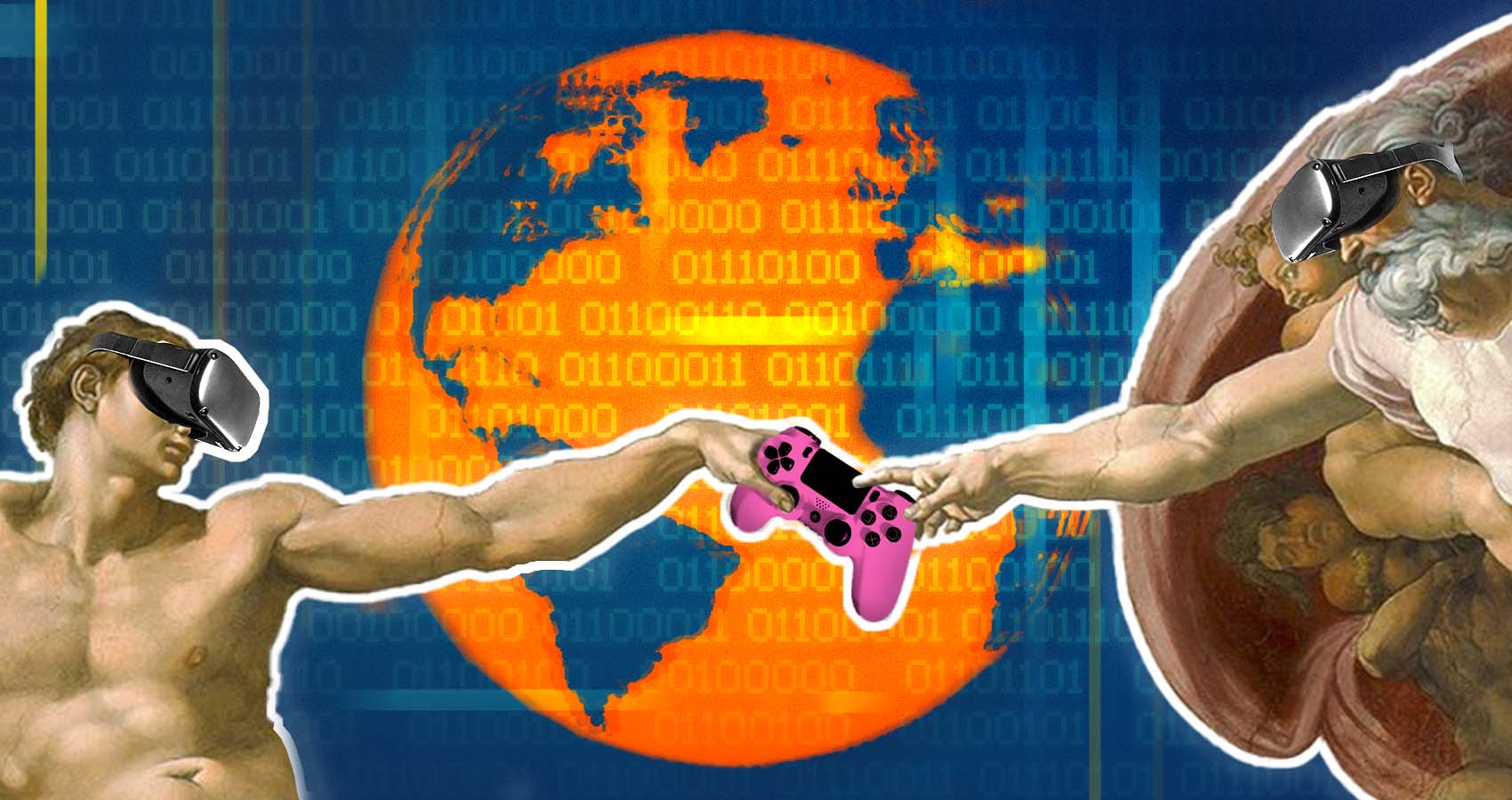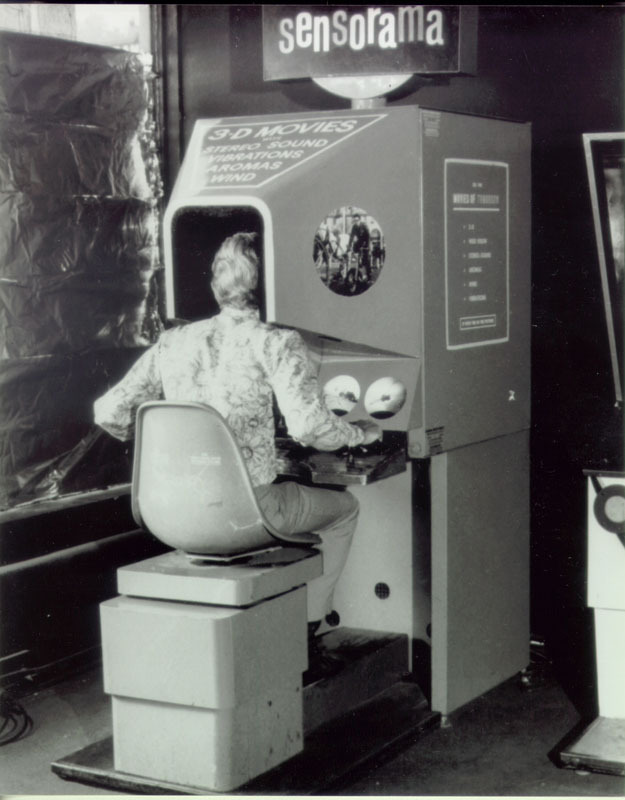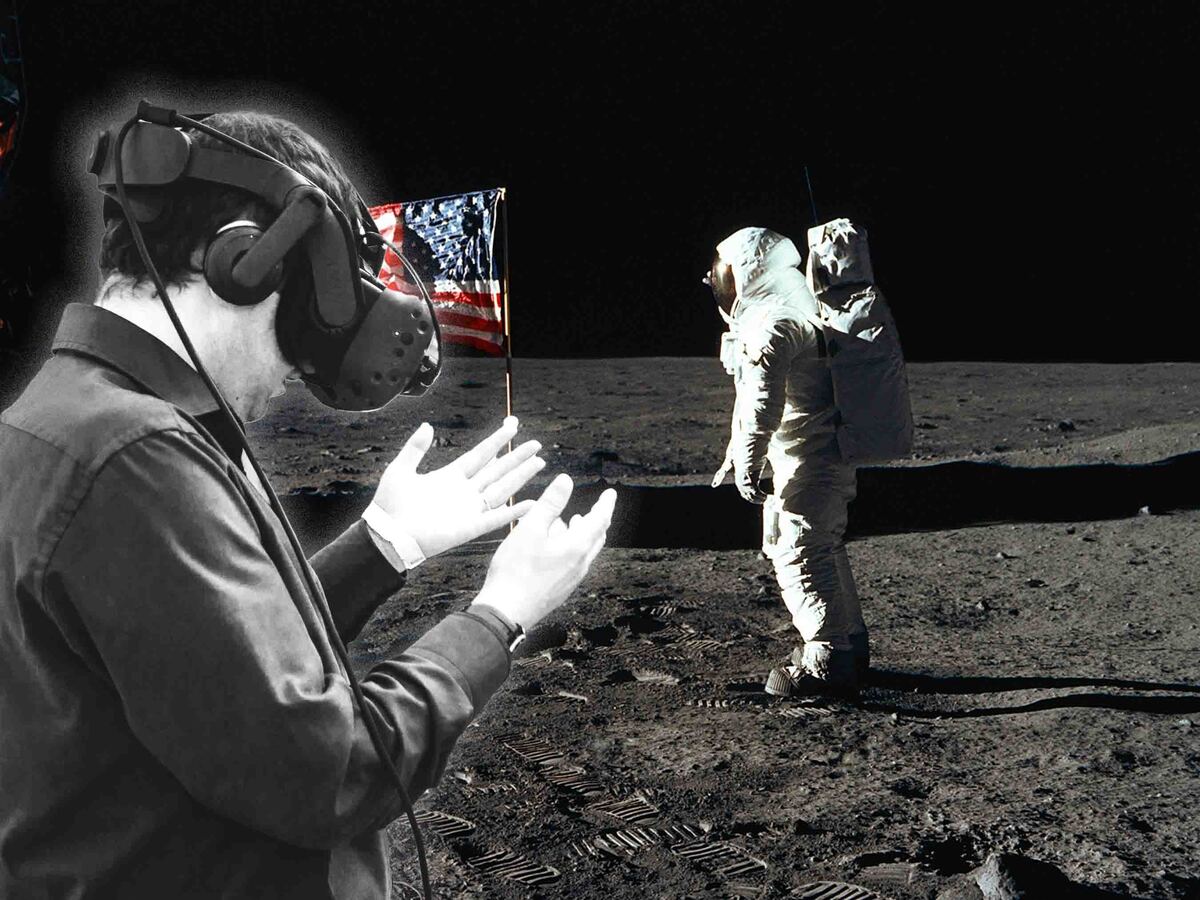
Exploring Virtual Reality Experiences In Personal Connection
Immersive meaningful moments.
Virtual reality (VR) is no longer just a futuristic concept; it’s a technology that is rapidly becoming an integral part of our daily lives. From gaming to education and therapy, VR has the potential to transform how we connect with others. In this article, we will dive into how immersive experiences offered by VR can enhance personal connections, making our interactions more meaningful and engaging.
The Evolution of Virtual Reality
The concept of virtual reality can be traced back to the 1960s with the invention of the Sensorama, an arcade-style theater that provided an immersive experience using 3D visuals, vibrations, and smells. Fast forward to the 1990s, when VR gained traction in gaming with systems like the Virtuality Group’s arcade machines. However, it wasn’t until the 2010s, with the launch of affordable and advanced headsets like Oculus Rift and HTC Vive, that VR began to penetrate mainstream culture.
Today, VR technology has evolved significantly, with a variety of devices catering to different audiences. Standalone headsets like the Oculus Quest provide accessible entry points for users without the need for expensive PCs. Software advancements have also allowed for more realistic graphics and environments, enhancing the immersive experience. Additionally, VR applications are diversifying across sectors, including gaming, education, healthcare, and even social interaction.

Understanding Immersion in VR
Immersion refers to the sense of being enveloped by a virtual environment, where users can interact with and manipulate their surroundings. This sensation is achieved through a combination of visual, auditory, and haptic feedback, which can trick the brain into feeling present in the virtual space.
There are three primary types of immersion: physical, emotional, and social. Physical immersion relates to the user’s ability to move and interact within the virtual space. Emotional immersion involves the user’s ability to connect with the content on a personal level, while social immersion refers to the interactions users have with others in VR environments.
Research shows that immersive experiences can activate multiple areas of the brain, enhancing emotional responses and memory retention. For instance, studies have demonstrated that individuals who engage in immersive VR experiences are more likely to empathize with others, as they can visually and emotionally understand different perspectives.

VR and Personal Connection
One of the most compelling aspects of VR is its ability to facilitate social interactions that transcend geographical barriers. Platforms like VRChat and AltspaceVR allow users to create avatars and engage in shared experiences, fostering a sense of community. In these virtual spaces, people can meet, socialize, and collaborate, enriching their social lives even when physical proximity isn’t possible.
VR can be a powerful tool for building empathy. Experiences designed to put users in someone else's shoes—such as "The Displaced," which allows users to experience the life of a refugee—can have profound emotional impacts. By experiencing scenarios from different perspectives, users develop a deeper understanding of others' challenges and emotions, enhancing personal connections.
In therapeutic settings, VR has shown promising results. Psychologists use VR to create safe environments for patients to confront fears or traumas, such as exposure therapy for PTSD. By simulating stressful situations in a controlled setting, patients can process their emotions and reactions, leading to significant breakthroughs in their healing journey.

Applications of VR in Different Domains
VR is revolutionizing education by providing immersive learning environments. Students can take virtual field trips to historical sites or explore complex scientific concepts through interactive simulations. Research has indicated that students retain information better in immersive settings, making learning not only more effective but also more engaging.
In the corporate world, VR is transforming training programs. Companies are using VR to conduct realistic simulations for employee training, allowing them to practice skills in a risk-free environment. This approach is particularly beneficial for remote teams, as it fosters collaboration and camaraderie despite physical distance.
The gaming industry has embraced VR wholeheartedly, creating experiences that transport players into fantastical worlds. Multiplayer VR games allow friends and family to connect and compete in a shared environment, reinforcing bonds through fun and interactive gameplay.
One of the most exciting applications of VR is in the adult entertainment industry. Viewers can now use VR headsets to watch 8K porn and more, which brings a whole new dimension to it.

Challenges and Considerations
Despite its potential, VR faces challenges related to accessibility. High-quality VR equipment can be prohibitively expensive, creating a digital divide where only a portion of the population can experience these technologies. Additionally, not everyone has access to the internet speeds necessary for optimal VR experiences, particularly in remote areas.
While VR has many benefits, it’s essential to acknowledge the potential drawbacks. Prolonged use of VR can lead to feelings of disconnection from reality, with some users experiencing symptoms akin to addiction. Moderation and awareness are crucial for maintaining a healthy relationship with VR technology.

Conclusion
As we explore the capabilities of virtual reality, it becomes clear that this immersive technology holds significant potential for enhancing personal connections. By bridging physical distances, fostering empathy, and providing unique learning experiences, VR is transforming how we interact with one another. As technology continues to evolve, so too will the ways in which we connect, making VR a crucial tool in our increasingly digital world.
In a landscape where personal connection is more important than ever, exploring VR experiences can lead to profound insights and new ways of relating to each other. So whether you are seeking entertainment, education, or emotional connection, the virtual world may offer exactly what you need to enrich your interactions.











